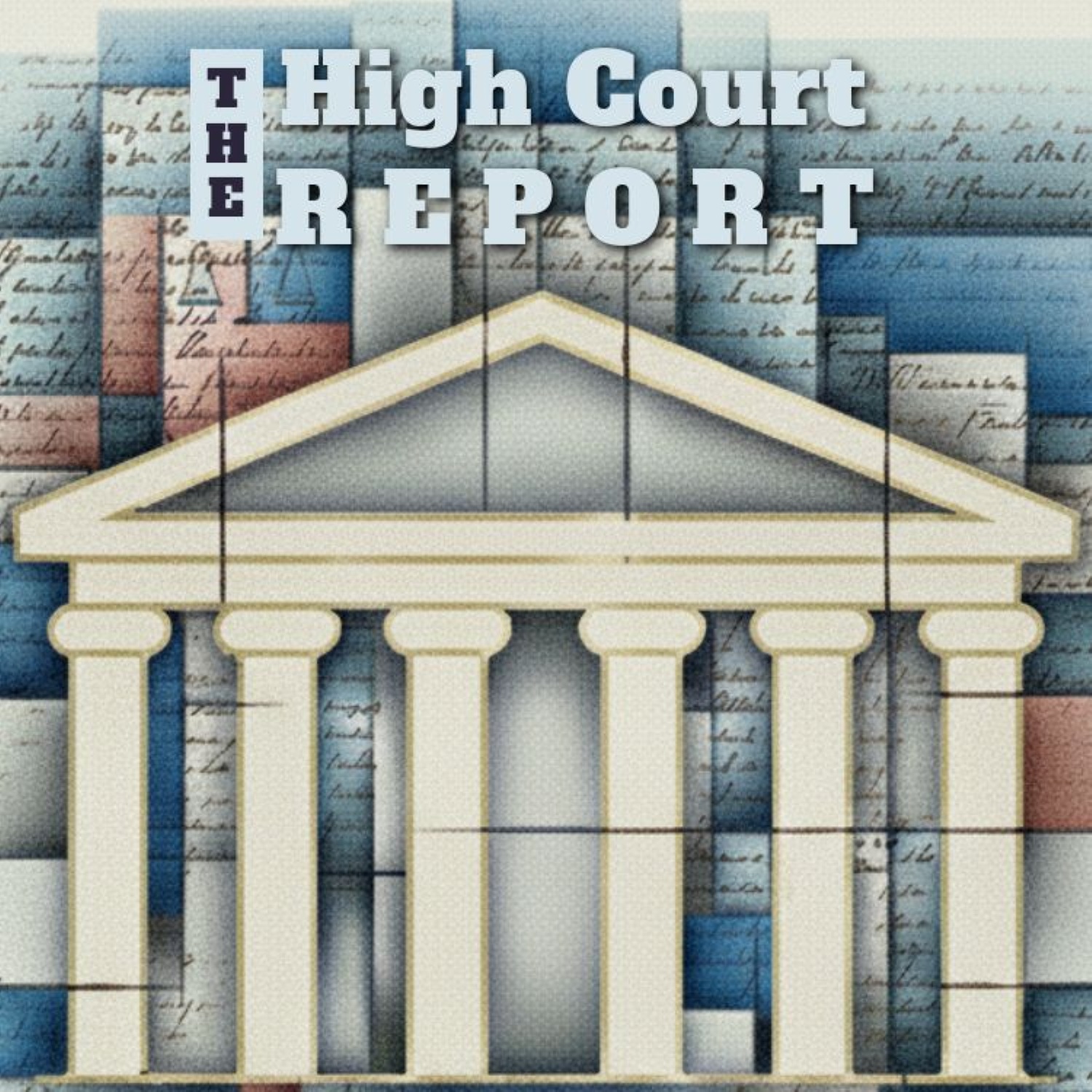Episode 35
Oral Argument: Gutierrez v. Saenz | Case No. 23-7809 | Date Argued: 2/24/25
Case Info: Gutierrez v. Saenz | Case No. 23-7809 | Date Argued: 2/24/25
Link to Docket: Here.
Background:
In Reed v. Goertz, 598 U.S. 230 (2023), this Court held that Rodney Reed has standing to pursue a declaratory judgment that Texas's post-conviction DNA statute was unconstitutional because ''Reed suffered an injury in fact," the named defendant "caused Reed's injury," and if a federal court concludes that Texas's statute violates due process, it is "substantially likely that the state prosecutor would abide by such a court order."
In this case, a divided panel of the United States Court of Appeals for the Fifth Circuit refused to follow that ruling over a dissent that recognized that this case was indistinguishable from Reed. The majority formulated its own novel test for Article III standing, which requires scouring the record of the parties' dispute and any legal arguments asserted, to predict whether the defendants in a particular case would actually redress the plaintiff’s injury by complying with a federal court's declaratory judgment. Gutierrez v. Saenz, 93 F.4th 267, 274 (5th Cir. 2024).
The Fifth Circuit's new test conflicts with Reed and creates a circuit split with the United States Courts of Appeals for the Eighth and Ninth Circuits, which have applied the standing doctrine exactly as this Court directed in Reed. See Johnson v. Griffin, 69 F.4th 506 (8th Cir. 2023); Redd v. Guerrero, 84 F.4th 874 (9th Cir. 2023).
Question Presented: Does Article III standing require a particularized determination of whether a specific state official will redress the plaintiff’s injury by following a favorable declaratory judgment?
Holding: Gutierrez has standing to bring his Section 1983 claim challenging Texas's postconviction DNA testing procedures under the Due Process Clause.
Result: Reversed and remanded.
Voting Breakdown: 6-3. Justice Sotomayor delivered the opinion of the Court, in which Chief Justice Roberts and Justices Kagan, Kavanaugh, and Jackson joined, and in which Justice Barrett joined as to all but Part II.B.2. Justice Barrett filed an opinion concurring in part and concurring in the judgment. Justice Thomas filed a dissenting opinion. Justice Alito filed a dissenting opinion, in which Justices Thomas and Gorsuch joined.
Link to Opinion: Here.
Oral Advocates:
- For petitioner: Anne E. Fisher, Assistant Federal Defender, Philadelphia, Pa.
- For respondents: William F. Cole, Deputy Solicitor General, Austin, Tex.
